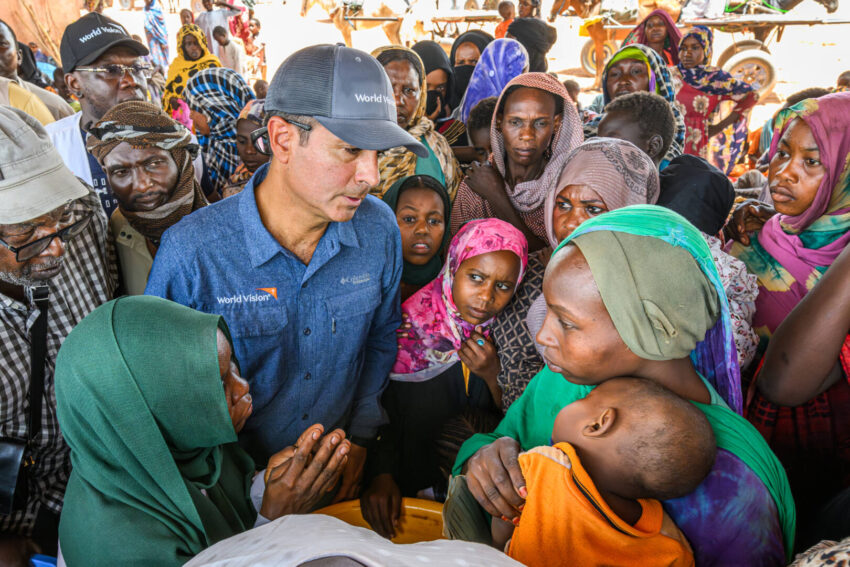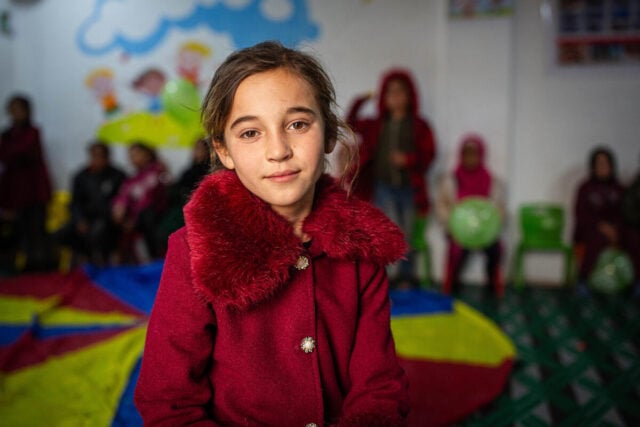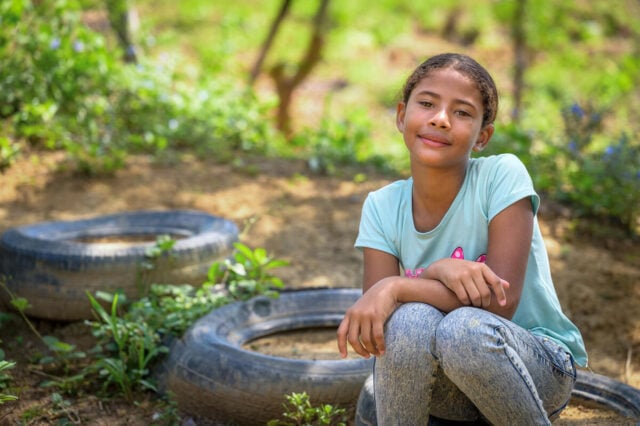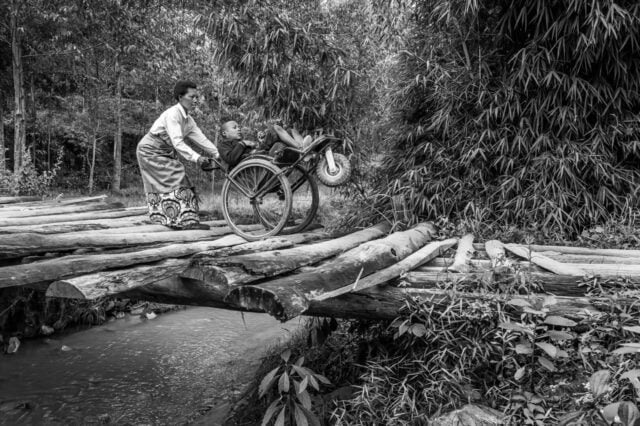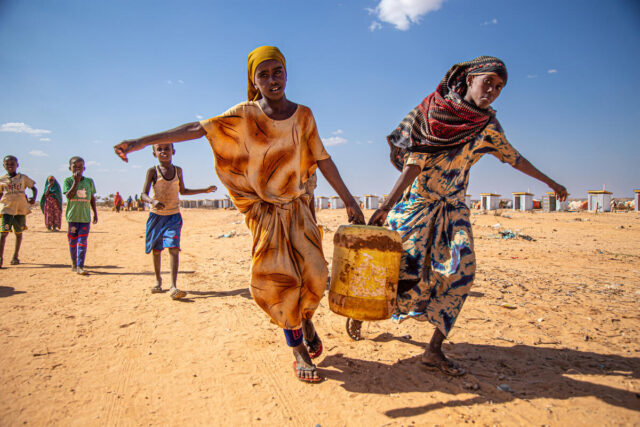Nothing could have prepared me for the chaotic scene in Adré, Chad, where hundreds of people crowded under a bridge. It was not a real bridge, only a partially built structure near the Sudan border that provided some shade from the unforgiving sun.
The majority of the people around me were women and children who had fled violence in Sudan, escaping with little more than their lives. They were exhausted, hungry, thirsty, and traumatized. A few told me stories of walking for days to reach Chad, suffering theft and beatings along the way.
I saw one mom cradling a baby who appeared lifeless. I prayed the child was only sleeping.
The sight of a suffering child never fails to break my heart. I know it’s not what God wants. Kids deserve to grow up healthy, full of energy, going to school, playing, and discovering their God-given potential. Instead, forces like war, displacement, and hunger cut them off from fullness of life. The bridge in Adré, connecting nothing, is a fitting symbol — there’s seemingly no way out of their misery.
That’s why God wanted me there in Chad. I believe He invited me to see the suffering He sees — a forgotten crisis. To have my heart be broken with the things that break His, as World Vision’s founder, Bob Pierce, famously prayed. And to pick up the shattered pieces of my heart and do something for these children who are so precious to Him.
At the Farchana refugee camp, I found a more hopeful scene. World Vision operates a school feeding program here — one of our emergency food programs in 69 schools across Chad, altogether feeding 70,000 children.
Refugee women cooked all morning to prepare a hot meal for the students. The kids waited patiently while I helped spoon out and serve the beans and rice. They love this makeshift school — a safe haven where they can fill their bellies, feed their minds, and play until sunset.
One of the students I met, 13-year-old Isra, dreams of becoming a pilot. She watches World Food Programme planes take off and land nearby. To her, being a pilot means bringing hope.
I also met Rachida, 8, a remarkable girl with a horrifying story. In Sudan, her entire immediate family — her parents and three brothers — were killed. Rachida fled to Chad with two of her aunts, one holding her by the hand and the other carrying Rachida’s grandmother on her back. Initially, the women fashioned a rough shelter made of little more than sticks and cloth — poor protection against the elements. But now Rachida and her relatives live in two sturdy shelters that keep them cool and safe. That’s thanks to generous donors like you who gave to provide homes for vulnerable children through World Vision’s Gift Catalog. Rachida hopes to go to school, perhaps to become a doctor.
A plate of food … a sturdy tent … these things may seem small. But they make an enormous impact for children living without the basics — much less the comforts — of home. These kids are no different than my own, full of potential and deserving the chance to unleash it. In their dire circumstances, their dreams must seem far away.
That’s why our heartbreak must turn into action. We start with saving lives — in the Sudan crisis, that’s critical. But by God’s grace, we can do more for kids like Isra and Rachida. In a real way, we can help bridge the distance to their dreams.
